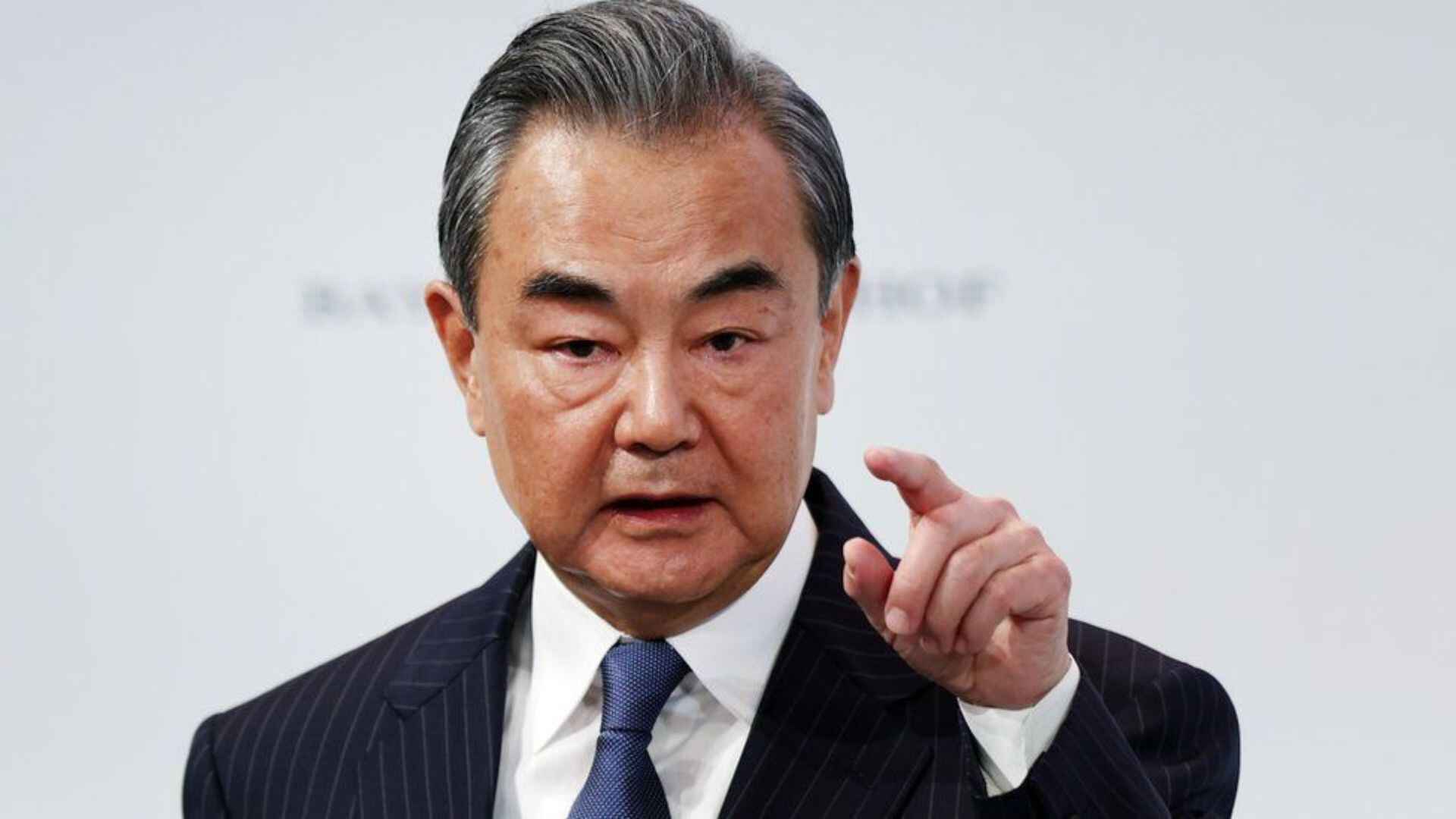Chinese Foreign Minister Wang Yi criticized Western nations involved in the AUKUS trilateral security partnership, alleging that they are exacerbating division and escalating the risk of nuclear proliferation in the South Pacific, Nikkei Asia said on Sunday.
AUKUS is a trilateral security alliance aimed at bolstering a more robust and resilient trilateral submarine industrial foundation, facilitating submarine manufacturing and upkeep across all three nations.
Chinese Foreign Minister Wang Yi praised diplomatic progress with Papua New Guinea during his visit to the country on Saturday, as part of Beijing’s effort to enhance relationships with Pacific Island nations.
The visit coincides with Australian Prime Minister Anthony Albanese’s upcoming trip to Papua New Guinea, underscoring the ongoing competition for influence between China and its US-aligned counterparts.
Nikkei Asia reported that, citing statements from AUKUS nations regarding potential collaboration with Japan to share advanced technology earlier this month, Wang stated, “Recent attempts to draw more countries to join in such an initiative of stoking bloc confrontation is completely inconsistent with the urgent needs of island countries.”
He slammed US and Australia’s relationship with Pacific island nations, saying, “The South Pacific region should not become an arena for great power competition. No country should regard island countries as its ‘backyard’ and should not engage in zero-sum games or exclusionary arrangements,” alluding to historical views that Australia considered the South Pacific to be its backyard.
As per a press release from the Foreign Ministry following Wang’s meeting with Tkatchenko, Beijing and Port Moresby will initiate negotiations for a free trade agreement and enhance police cooperation as soon as possible. In recent years, Beijing’s endeavors to pursue police and security agreements with Papua New Guinea had faced setbacks, according to Nikkei Asia.
During a Pacific island countries tour in June 2022, Wang put forth a comprehensive regional security agreement proposal aimed at expanding China’s role in police training, cybersecurity, and sensitive marine mapping, while seeking increased access to natural resources. However, the deal fell through, with Papua New Guinea among those declining the proposal.
“There has been resentment over the Pacific agreement on security matters,” Papua New Guinea’s foreign affairs secretary Elias Wohengu told the Post Courier newspaper at the time. Wohengu indicated that Papua New Guinea was unlikely to sign a security deal, saying, “On the security status of Papua New Guinea, we will deal with it ourselves.”
Washington and Canberra has criticised China, which has made in the Solomon Islands.
“The increased policing presence in the Solomon Islands is concerning,” John Aquilino, commander of the U.S. Indo-Pacific Command, told reporters in Sydney earlier this month. “That’s the foot in the door.”
However, as the major powers vie for influence, Papua New Guinea has remained “pragmatic in its approach to global powers,” stated Australian National University PhD candidate Michael Kabuni. This approach involves positioning Australia and the US as security partners while preserving ties with China as a crucial economic partner, the report noted.























